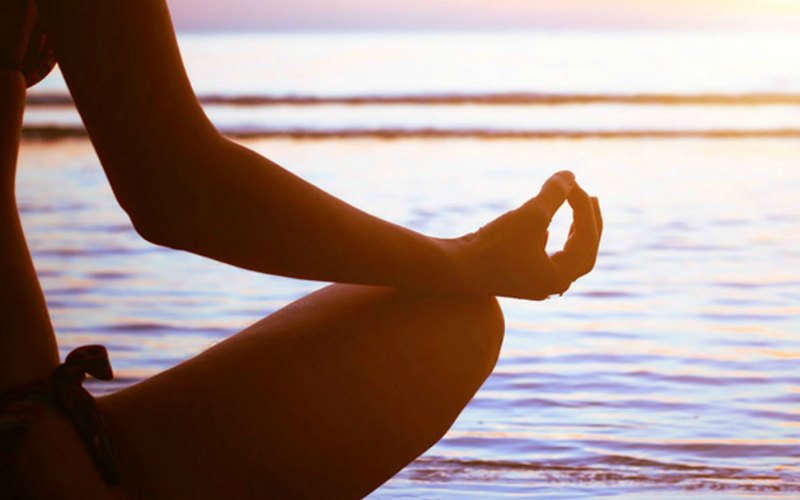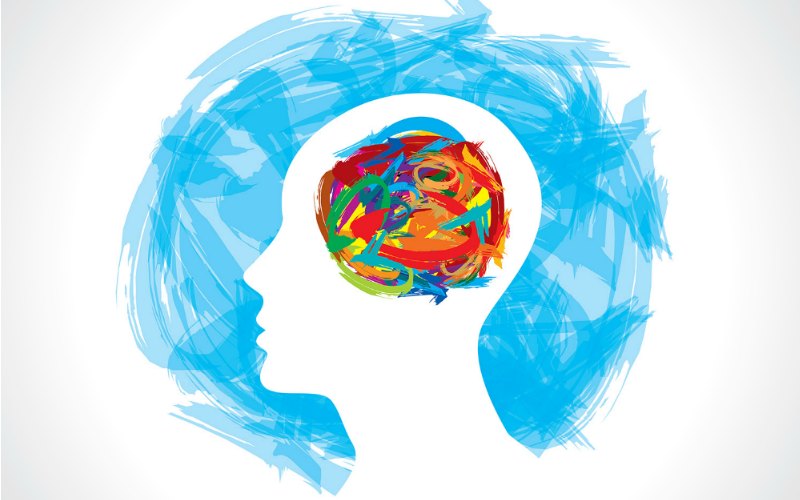
What Is Deep Sleep Meditation
Are you getting seven to nine hours of sleep per night? Do you know poor sleep habits may be setting you up for health issues later on? Health concerns such as high blood pressure, anxiety, depression, heart disease, and migraines rank among the top of the ailments we are currently suffering from in this country, and researchers are contributing some of this to the amount of sleep we obtain when our heads hit the pillow. Although researchers are still exploring all of the ways in which lack of sleep is impacting our physical and mental health, individuals are now aware of just how important sleep is for functioning at their best during the day. Yet, many individuals still struggle to achieve an adequate amount of rest. When they do get enough sleep, the quality of their sleep is poor. Deep sleep meditation is proving to be an extremely useful tool in promoting meaningful and rejuvenating rest, as well as, more energy for productive work the following day. In order to incorporate this useful tool into your sleep routine, let us dive into what sleep meditation is all about.
What Is Sleep Meditation?
There are a couple of different ways to define sleep meditation. First, there is meditation that produces a sleeping experience for the physical body while the mind is still fully engaged. The process to achieve such a state of awareness is known as Yoga Nidra. However, the other definition considers meditation as a route by which one may experience an extremely restful night’s sleep. Thus, this process is equated with the term deep sleep meditation or mindfulness sleep meditation. This is the definition we will focus on throughout this post.
How Does Meditation Help With Sleep?
Racing thoughts, a large to-do list, and worry are just a few reasons why many struggle to melt into a peaceful night’s slumber. In order to combat these growing issues of a fast-paced society, mindfulness sleep meditation encourages the individual to focus on his or her breathing and becoming more aware in the present moment. By allowing the brain to remain focused on one particular activity, such as breathing, the individual eliminates the brain’s ability to focus on the toxic worry and multitasking attempts that creep up throughout the day. This focused mindfulness process has also shown to reduce the perceived magnitude of a negative event, because it allows the person to think more calmly about a situation that may happen in the future. This realization, too, aids itself in promoting deep sleep, because it removes negative thought patterns and worry from taking over at the end of a long day.
What Are The Basic Steps In Beginning Deep Sleep Or Mindfulness Sleep Meditation?
The first step in mindfulness meditation is to find a comfortable seat and establish a proper posture. One can also lay down for this exercise; however, if they find they drift off to sleep, the individual may wish to begin in a seated position. After one establishes their ideal posture, the next step is to slowly start breathing in and out and pay attention to the simple ebb and flow of the body as it connects with the breath. As thoughts arise, the individual should acknowledge such thoughts, but then let them pass by rather than create a reaction to them.
Some choose to take this activity a step further and incorporate a body scan technique known as progressive muscle relaxation. In order to do this, one simply allows the mind to scan the body starting with the extremities and move inward toward the heart. As this journey unfolds, they can imagine, or physically tighten and relax all of the parts of the body. It is important to continue to focus on the breath throughout this process. The more the individual focuses on the inhales and exhales of the body and the awareness of the calm residing in the space, the more he or she will begin to embrace a feeling of stillness; the breath will eventual slow, the physical body will release tension, and the nervous energy will be reduced. Guided mindfulness meditation and sleep meditation videos, recordings, and apps are available to navigate this journey as well.
Can Children Practice Sleep Meditation?
Starting the deep sleep meditation practice at a young age can actually make the process more natural and easier to implement later in life. Sleep meditation for kids is quite similar to adult meditation and several meditation tools are available for this age group as well. Most often, videos and recordings include a narrative for the child to focus on. For example, they may imagine a friendly bird helping them drift off to sleep by guiding them through a journey on the clouds. The simple act of counting sheep may be seen as a form of meditation as well. Although the narrative or guided journey may be slightly different, the result is still the same- regularity of the breath, a calm state of mind, and a body ready for deep sleep.
Deep sleep meditation is the answer for many when it comes to establishing a proper bedtime routine and guaranteeing a day feeling fully rested. With a few basic steps and some practice, people are well on their way to reversing the “go” mindset and creating a healthy life with a body well rested.
















